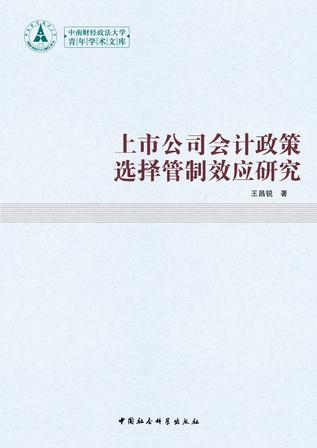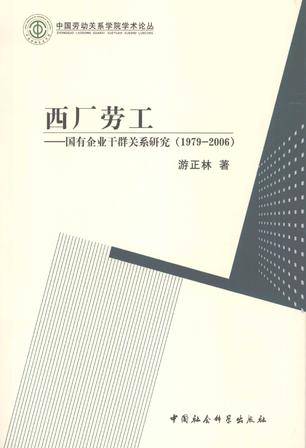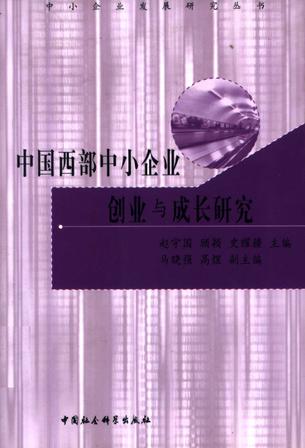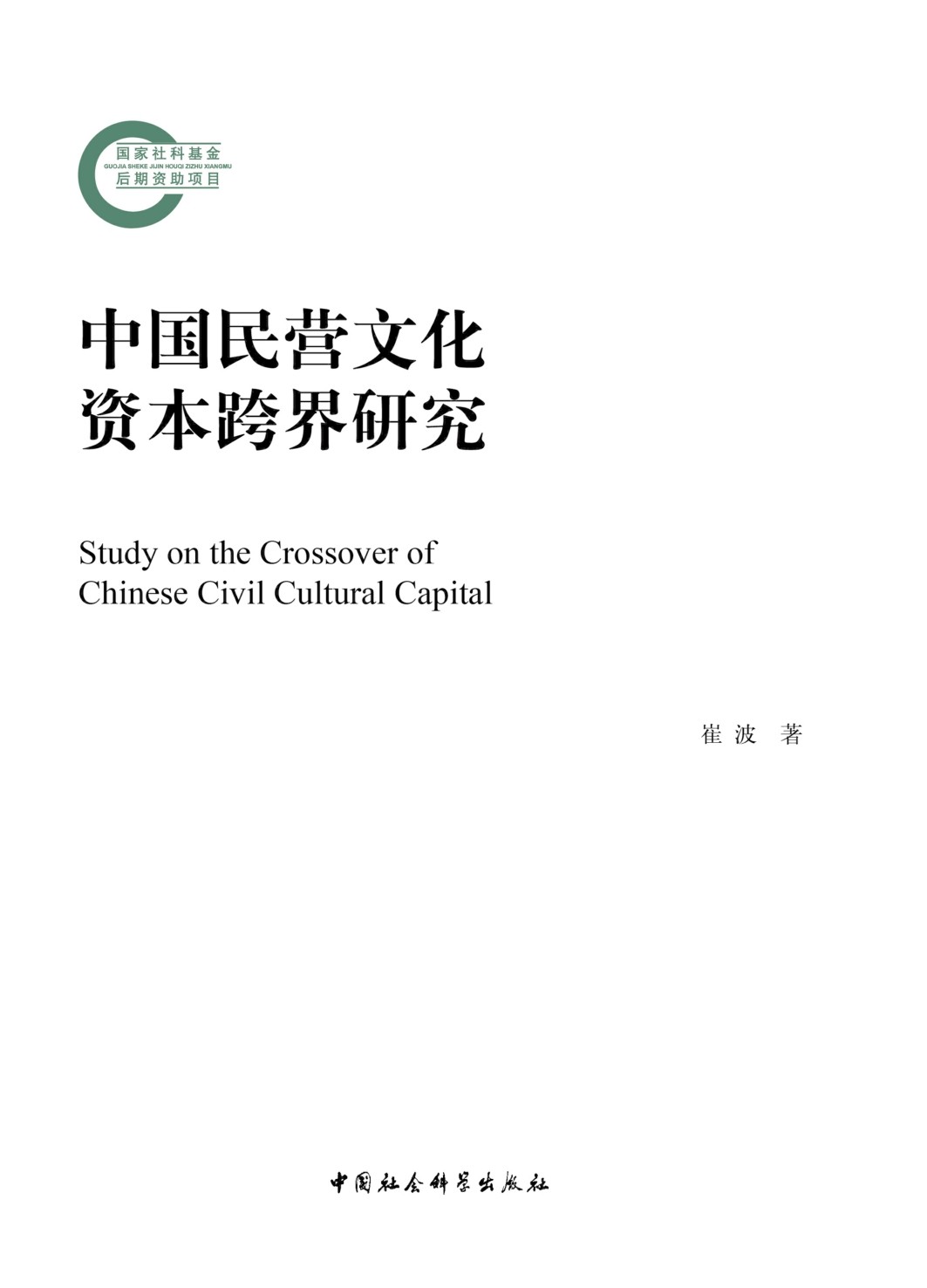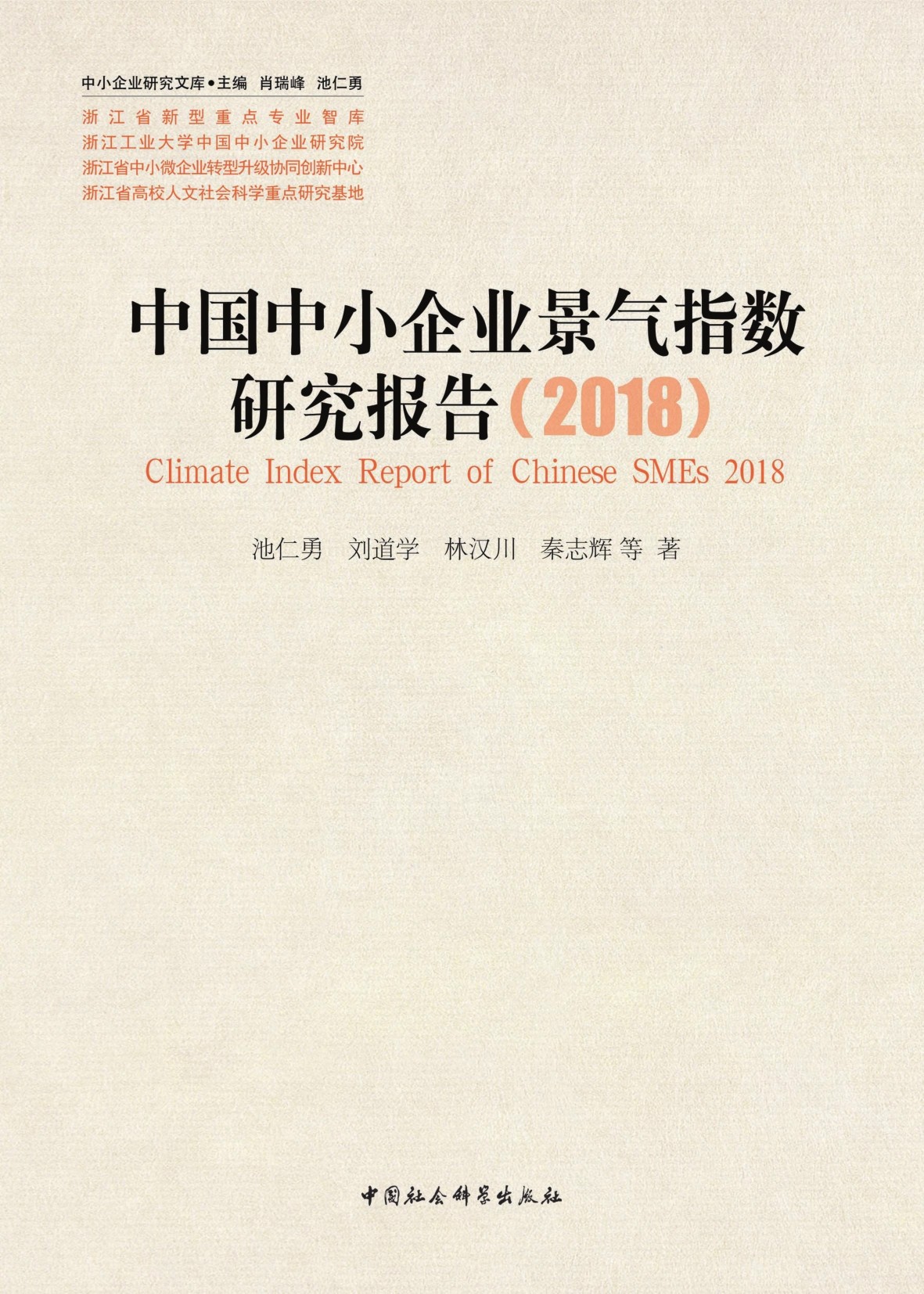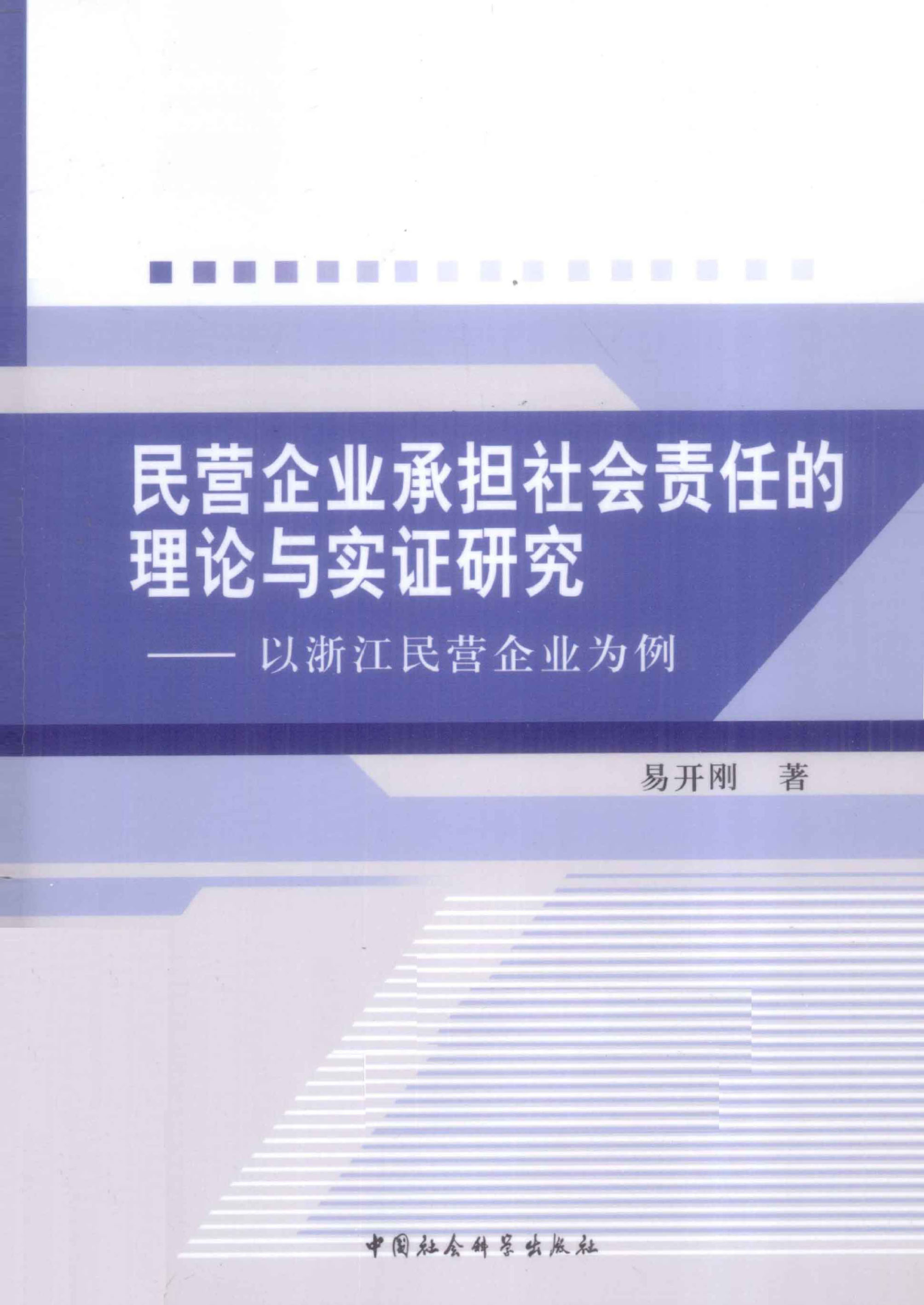内容简介
作者简介
目录
For incompleteness of the real market,the presence of agency cost,information asymmetry and externality affecting the non-contractual parties,the accounting information quality which the listed companies provided to the outside is extremely important to the effective allocation of social resources.One of the leading factors affecting the accounting information quality which the listed companies provided to the outside is the existence of choosing alternative accounting policies.If the listed companies have freedom with the policies choices,the listed companies will provide outside the accounting information in mess,moreover,the users can't do economic decisions on these information,finally,social resources wouldn't be allocated effectively.Therefore,most security markets in the world do the regulation to the policy choice as the vital method of monitoring the quality of the listed companies.We have taken regulation of the accounting policy choice since Shanghai and Shenzhen Stock Exchange occurred in 1990s.Although it wasn't a long time since we has the security market,relevant government departments play an important role in improving the quality of the accounting information,protecting the interest of investors,making sure the market develop normally with lots of global experience.Learning experience from international practice,our special political and economic systems decide we must take this regulation particularly not completely copy it from western countries.In process of our regulation to listed companies' policy choice,the history implies that only on the guide of Chinese theory system,it is possible to explore path in line with our facts in order to make sure the security market healthy and resources be allocated effectively.This study provides theoretical basis to the framework foundation of our listed companies regulation and building specifically accounting policy choosing rules,moreover,it supplies the relevant policy recommendations,which makes good sense to improving the accounting information of listed companies.In this book,I study the issue of regulating to listed companies' accounting policy choice in theoretical and positive methods from economic consequences,based on the economics,institutional economics,regulating theory,rent-seeking theory,and game theory.I do the research from five aspects.Firstly,I do some theoretical analysis to the regulation to listed companies' policy choice.The study implies,economic and accounting activities' uncertainty,as well as the complex and the diversity and complexity of practice make the freedom of accounting policy choice exist;due to people's bounded rationality,economic human existence and opportunistic behavior,the regulation to listed company's accounting policy choice is very necessary;solving the dilemma for agency,contract incomplete and accounting issues arising from acts of alienation is one of the leading method to regulate this;there are different regulate aim and entities in different countries;kinds of regulation must result in some economic consequences.Secondly,I compare the accounting policy choice regulating paths.The result suggests economic environment play an important role in its development.The differences in different countries now means the totally coordination worldwide is still fair far,and there must be some inconsistence in many countries;the accounting policy choice isn't only the accounting issue but also the hit relates dealing with economic connection,the coordination of economic contradictions and distribution of economic benefits,so the listed company's accounting policy choice regulation could only be guided in the“focused,taking into account general”and relatively fair to meet the principle with the requirement to get the most appropriate expression of a listed company's financial condition and operating results;the practice shows the evidence of the accounting policy choice regulation's impact on improving the listed companies' accounting information quality.Thirdly,I do the empirical research to test the regulation's effect on earnings management.The result implies,the mean of ROA volatility after regulation is larger than before,like expected,but not significant;the mean ratio of ROA volatility mean and net cash flow of operation volatility mean is smaller than before,but opposite to expected,and not significant;the negative correlation coefficients of accrued and net operation cash flow will increase;in particularly low-profit earnings management tendencies test,the regression coefficient of SPOS is less than 0,and I assume that is expected in the same direction,and passed the significance test.That means,to a certain extent,the accounting policy choice regulation constrains the earnings management in listed companies.Fourthly,I take the empirical research to test our accounting policy choice regulation on the conservatism.The results show that huge losses of the regression coefficient of explanatory variable is greater than 0,as expected in the same direction,and passed the significance test,that is,the accounting policy choices regulation,to a certain extent,improved the robustness of accounting information.Fifthly,I still do the empirical research to test its effect on corporate value-related.The result shows that,after the regulation,net book value per share is more insensitive to the stock price,twice as before,significance level from 1.8% to 0.0%,and the balance sheet is more relevant to the stock price;The earnings per share has the explanatory power of the stock price,even dropped doubled,were 0.0% of the level of significant,earnings per share of regression coefficients confirmed a significant decline,and the regulation in new“balance sheet”makes the income statement less available,the regulation makes the explanatory power of book value net asset per share and earnings per share to stock price is stronger,as expected,and passed the 0.0% level of significance test;EPS' interpretation of the ratio of intensity of“good news”group on earnings per share and stock price increased from an accounting policy choice,as expected,and passed the 0.0% level of significance test,which shows that“good news”group's correlation of earnings per share,stock price and stock returns enhanced;in“bad news”group the interpretation of intensity rate of return on earnings per share and stock price dropped more,opposite to expected,and passed significance test,which shows that in“bad news”group correlation of earnings per share and the ratio of stock prices and stock returns weakened;under the same accounting policy choice regulation,the interpretation of intensity of“bad news”group rate of return on equity earnings per share and stock price in“bad news”group is larger than“good news”,then,the results are consistent with the existing literature,but also confirms in the stock market,investors are generally risk averse nature for a loss sensitive.The originality of the thesis focuses the theoretical analysis perspective,the test method of economic consequences and positive research conclusion.The first innovation is the theoretical analysis perspective.I research the possibility of regulation from the freedom of accounting policy choice regulation;from human bounded rationality,opportunistic behavior of economic man and the common point of view,study the inevitable requirement of regulation;from agency problems,incomplete contracts and acts of alienation of accounting,study the motivation of regulation;from the social economic environment,study the objective and entity of the accounting policy choice regulation;from earnings management,conservatism,and company value-related,study the economic consequences.The second innovation is the economic consequences measurement.I take the overall measurement to the economic consequences from earnings management,conservatism and company value-relation.The measurement of earnings management includes earnings smoothing and small positive net income,which are measured respectively by ROA volatility,the mean ratio of ROA volatility mean and net cash flow of operation volatility mean,negative correlation coefficients of accrued and net operation cash flow for smoothing as well as frequency of small positive net income in financial report for low-profit.I test the conservatism with huge loss timely confirm,and connection with net asset and earnings per share and stock price,as well as the ratio of stock return with earnings per share and stock price for companies value-relation.The third innovation is the positive conclusion.In test of accounting policy choice regulation on earning smoothing,the accounting earning changing scope is not significant,as expected;the ratio of earning change and operating cash flow change is not significant,opposite to expected;negative correlation coefficients of accrued and net operation cash flow passed the significant test,as expected.Although the result is not totally insistence,it still proves the regulation has impact on constraining earnings smoothing.In test of small positive net income management,the regression coefficient of low-profit positive dummy is lower than 0,and passed the significant test,as expected.Therefore,the regulation plays an important role on constraining certain earnings management.The test of accounting policy choice regulation on conservatism shows accounting policy choice regulation makes good effect on it.And,the regulation improves the explanatory of companies' value-relation,especially the balance sheet to stock price,which proves the accounting information on“Balance Sheet Concept”is stronger on value-relation.Key words:Accounting Policy Choice;Regulation;Earnings Management;Accounting Conservatism;Value Relevance
全部显示∨
王昌锐,男,1974年5月出生,湖北荆门人,会计学博士,中南财经政法大学会计学院副教授,硕士生导师,湖北省首批会计领军人才(后备)培养人选,中国注册会计师协会非执业会员,中国矿业权评估师协会会员。已在《会计研究》、《中南财经政法大学学报》等专业期刊上发表论文40余篇,公开出版会计类论著及教材10余部,先后主持或参与了数项国家级、省部级和校级科研课题的研究。
全部显示∨
序
摘要
导论一 研究背景与意义
二 基本概念
三 研究综述
四 研究框架
五 研究思路与方法
第一章 会计政策选择管制理论分析一 会计政策选择管制空间
二 会计政策选择管制假设
三 会计政策选择管制动机
四 会计政策选择管制目标
五 会计政策选择管制主体
六 会计政策选择管制后果
第二章 会计政策选择管制路径比较一 美国会计政策选择管制路径
二 我国会计政策选择管制路径
三 我国会计政策选择管制国际趋同与等效路径
四 小结
第三章 会计政策选择管制与盈余管理一 文献回顾
二 会计政策选择管制对盈余管理影响的测度方法
三 研究设计与样本选取
四 会计政策选择管制对盈余平滑影响的经验检验
五 会计政策选择管制对微利盈余管理影响的经验检验
六 小结
第四章 会计政策选择管制与会计稳健性一 文献回顾
二 会计政策选择管制对会计稳健性影响的测度方法
三 研究设计与样本选取
四 会计政策选择管制对会计稳健性影响的经验检验
五 小结
第五章 会计政策选择管制与公司价值相关性一 文献回顾
二 会计政策选择管制对公司价值相关性影响的测度方法
三 研究设计与样本选取
四 每股净资产账面价值和每股收益对股票价格相关程度的经验检验
五 股票回报率对每股收益与股票价格之比的相关程度的经验检验
六 小结
结论一 研究结论
二 研究创新
三 研究局限
四 政策建议
五 未来研究
主要参考文献
后记
该书无电子版哦,想阅读点购买纸书吧,现在还在打折喔(⊙o⊙)
